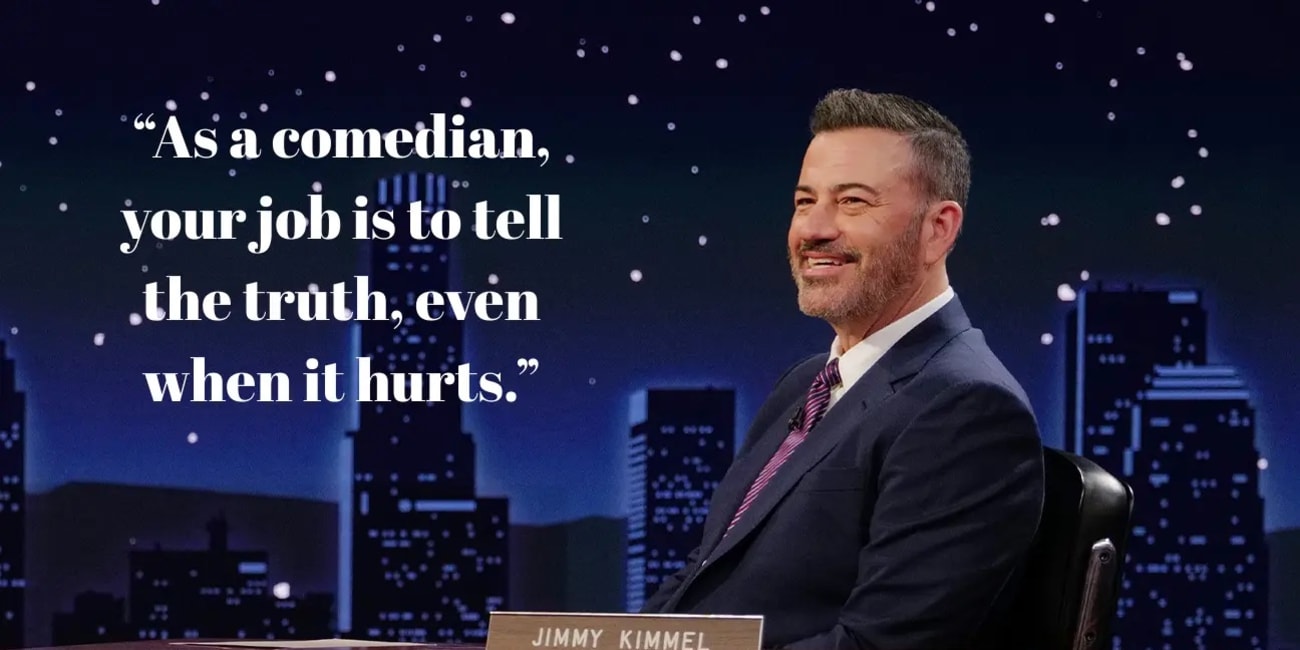|
 |
|
Stumbling into the thought police
I was silenced once in retaliation for raising my voice in public, before being silenced again this week when raising it privately
Running for Congress and challenging the bipartisan corporate corruption in Washington led me to discover how little democracy means in the U.S. I was forced to confront the role of the press in building deferential cults of personality and blocking rare public debate, as well as the disturbing propensity of even self-described “progressives” and “socialists” in blue cities towards white supremacy.
Put simply, trying to help defend the future ended my career, and sent me to the mountains to start a new life in 2022.
I felt surprised this week to find myself silenced once again.
Who needs government to suppress speech?
Monday morning, I posted a link to my latest article & podcast in a group chat thread organized by one of my employers, through which employees have been encouraged to share memes, invitations to social events, and announcements.
Several colleagues—all white men of a certain age—chimed in immediately to express a shared concern. They wanted not to be confronted by politics, and urged for the chat to be closed to any related discussions.
The immediacy of their responses surprised me, since the thread had been silent for a few days.
It also felt ironic, since the subject of my post was how the constitutional crisis which we are now all living through was made possible by relatively comfortable Americans ignoring the crises of their less comfortable neighbors. Ultimately, it simply paraphrased Dr. Martin Luther King, Jr. and applied his analysis to the present.
Maybe I shouldn’t be so surprised at the reaction to my post, given the reaction to his voice.
Observing patterns
It seems predictable that the many messages of support I received yesterday would come in private, and doubly ironic that they would disproportionately come from fellow workers who had immigrated to the U.S.
Meanwhile, the only other voices chiming in on the (not exactly, but at least relatively more public) group thread all supported calls to exclude speech examining politics.
A manager soon stepped in to embrace that invitation, declaring the thread off-limits to political discussion. They were, however, kind enough to reach out—privately—to express support, and sympathy for my perspective.
Beyond observing the dynamic of colleagues choosing to ignore current events, I also casually lamented the loss of an arena through which we used to be able to inform each other. But while that lament was casual, it points to a real issue with broader relevance.
We are all growing increasingly aware of our government’s various attempts at suppressing constitutionally protected expression. From agencies ignoring court orders and deporting student dissidents, to the president himself seeking to force insightful comedians off the air and deploying ICE goon squads around the country to assault activists peacefully defending human rights in their communities, the whole has already grown worse than the sum of its parts.
What most disappointed me about the reaction from my colleagues was witnessing the tendency for fascism to find support not only in government, but also in culture.
That is the point at which it grows especially pernicious. And we’re already there, even in a mountain town seemingly far from the cultural flashpoints that have divided the rest of the U.S.
To the extent my experience reflected grassroots censorship enforced within civil society, it resembles the pattern of newspapers owners sacrificing editorial independence in order to curry favor with our leaders, or corporate executives to silence critics of the regime.
A victory revealing defeat
I’m as grateful as anyone else that Jimmy Kimmel’s late night show has been restored and will return to the air this evening. But it’s going to take a lot more than that to get me to celebrate.
On the one hand, the restoration of Kimmel’s show confirmed the power of consumer boycotts. Like any number of collective action strategies, boycotts offer influence beyond what we can each attain as individuals.
One of the tragedies of this political moment is that so many institutions that immediately capitulated to the right wing don’t have consumer–facing operations vulnerable to similar strategies.
For instance, the law firms that bent their knees to Trump tend to serve businesses, more than consumers. Meanwhile, compliant universities serve any number of stakeholders, from faculty and students to government agencies and corporate employers—but none (except for potential applicants) situated to stage a boycott.
A greater tragedy of this political moment is the one that prompted the post I tried to share with my colleagues.
I’m glad the boycott worked, and so relatively immediately, at that.
On the other hand, it is dejecting to watch so many liberals grow prompted to outrage and mobilization only due to the suspension of a wealthy white comedian’s program—not by an ongoing genocide in Gaza, nor by an accelerating climate catastrophe destroying life around the world, nor by arbitrary state violence leaving their Black neighbors dead at alarming rates.
Two men were lynched in Mississippi last week, but that was not what drove America’s liberal masses to outrage. To be fair, there is no particular institution to boycott in response to those events, but the scale of online discussion concerning Kimmel dwarfed that addressing the murder of Trey Reed.
On the one hand, this saga shows the power of collective action. On the other hand, it also reveals the limits of solidarity.
Why does Kimmel’s show matter so much more to so many observers than Reed’s life?
A multigenerational struggle
When Dr. King wrote about the unwillingness of “the White moderate” to take action in solidarity with people seeking long overdue justice, he observed an unfortunate tendency rooted in repeated choices to ignore. The colleagues responding to my post this week reflected precisely the patterns that Dr. King observed roughly 70 years ago.
Since his era, the combined weight of similar choices have led an entire civilization to such pervasive ignorance that we have shot ourselves in the collective feet—effectively shooting the future in the face at the same time.
Who could ever have thought that so many Americans would reduce themselves to emulating Dick Cheney?
Paid subscribers can access an additional section reporting on some updates relating to previous posts. I wrote in 2023 about how civil society in the U.S. could force an end to the Israeli genocide in Gaza, before a pair of more recent updates this year. Yesterday, a European country demonstrated the strategy I suggested in 2023, which seems to have led a substantial number of new readers to my writing...
Listen to this episode with a 7-day free trial
Subscribe to Chronicles of a Dying Empire to listen to this post and get 7 days of free access to the full post archives.
A subscription gets you:
| Complete access to each post & podcast, including bonus content, plus the complete archive | |
| Post comments and share your thoughts with the community! | |
| Erode the corporate media ecosystem while supporting insightful, independent voices |


